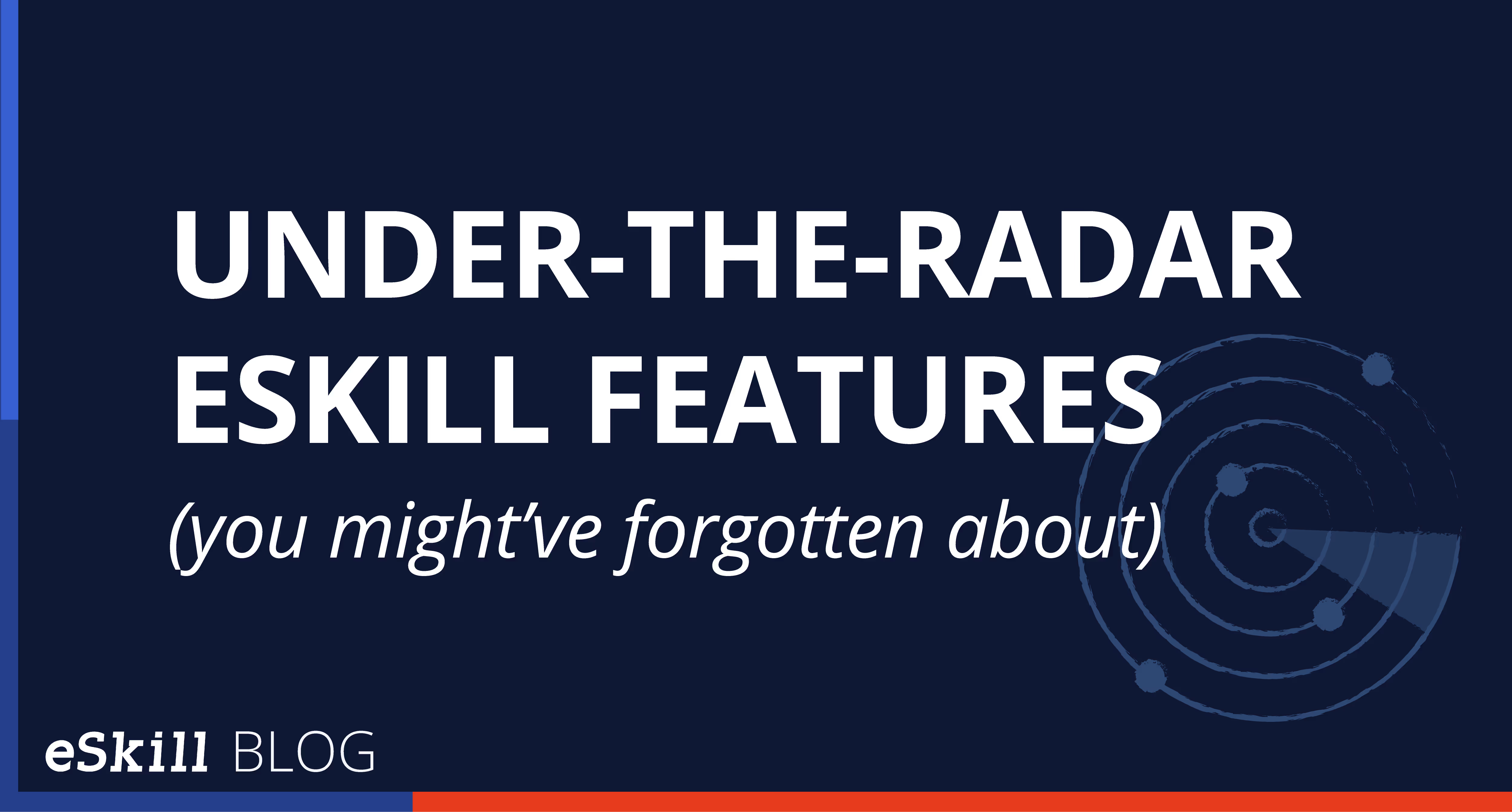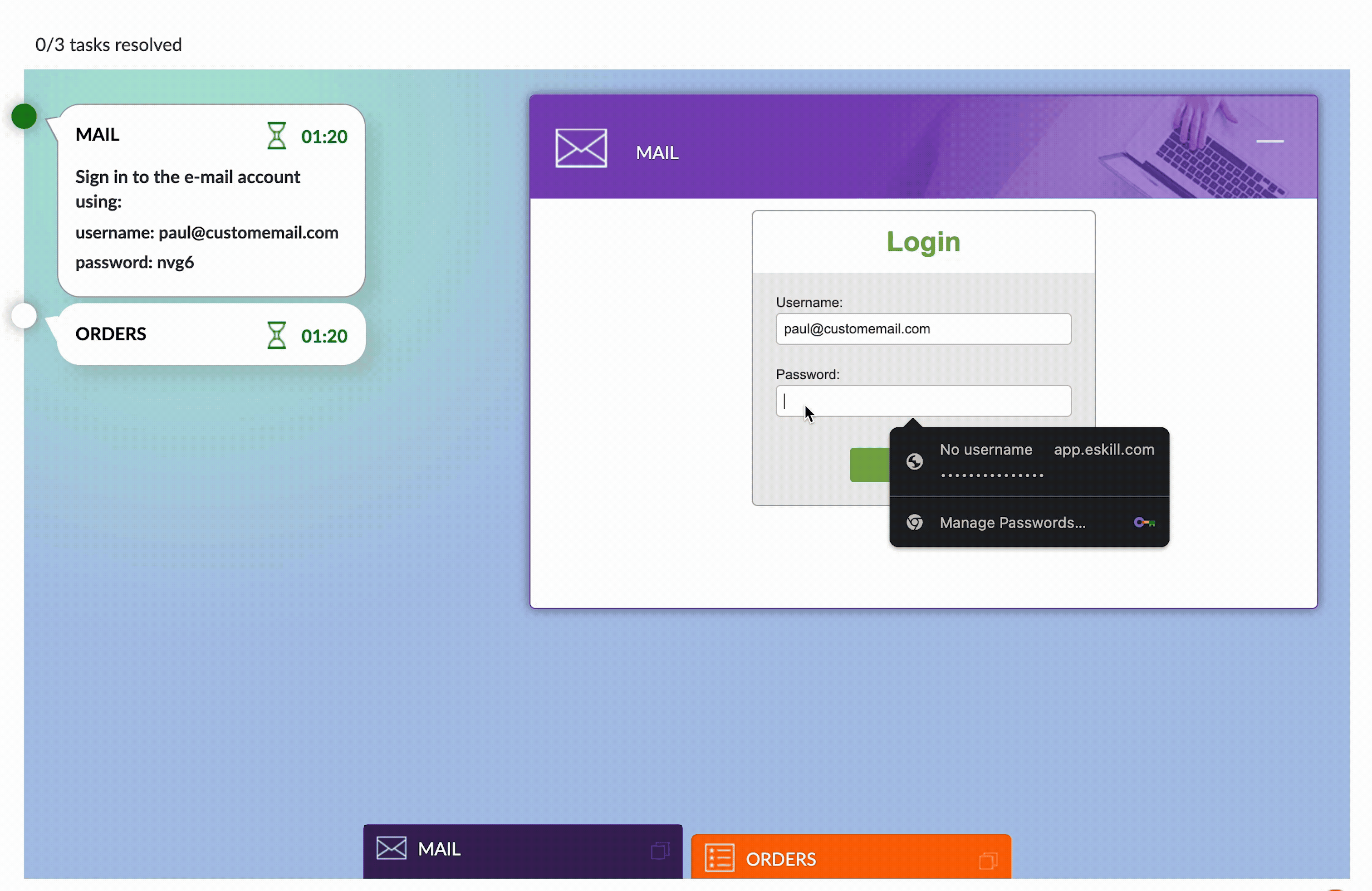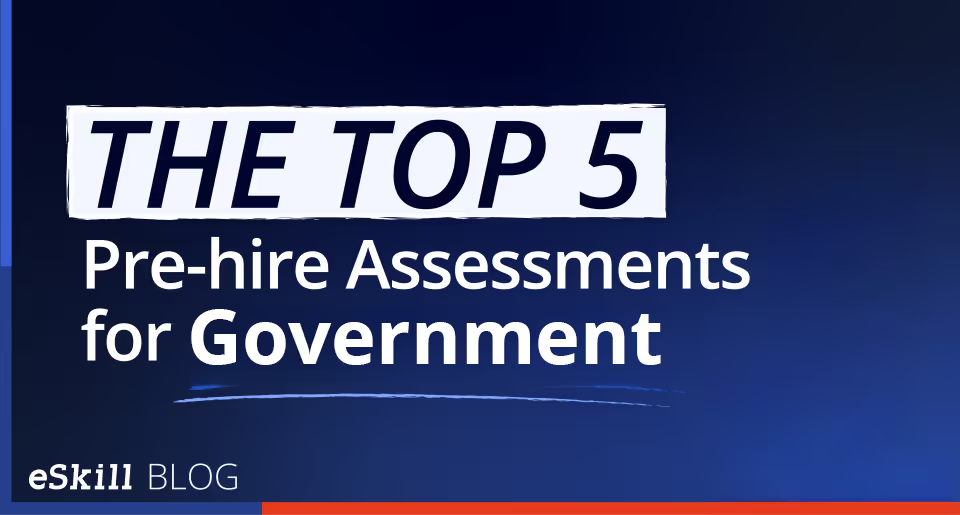In the modern marketplace, it is becoming increasingly difficult for employers to find and hire quality talent. This problem can be attributed to many factors. Chief among them is that interviews and resumes only provide limited insights into an applicant’s Job Fit, or job compatibility. While an employee may look like a fit on paper and have the interview skills to talk themselves into a job, they may not be a good fit for your organization.
Fortunately, skills tests and behavioral assessments can bridge the gap and provide meaningful information about candidates. However, employers must understand how to measure the effectiveness of these assessment tools before incorporating them into their hiring process.
The terms “validity” and “reliability” are often used to describe the efficacy of assessment exams. While these terms certainly apply to both skills tests and behavioral assessments, the accuracy of these exams is gauged differently. This article will break down these differences so you can effectively implement these tools into your screening procedures.
What Are Validity and Reliability?
The EEOC or Equal Employment Opportunity Commission has created stringent guidelines for the use of assessments during the employment screening process. They have also specifically addressed the meaning of validity and reliability.
In short, the term validity refers to an assessment tool’s ability to accurately measure a specific concept in a quantitative study. A particular type of validity known as criterion validity is used to measure the relevance of pre-employment tests. It refers to a test’s correlation with a concrete outcome.
Conversely, reliability refers to the consistency of a measurement test. If a test is reliable, then the results should be reproducible. As it pertains to employment testing, a test with high reliability will be a proven predictor of job performance. If the same candidate takes the test multiple times, they should receive a very similar score each time.
Core Purpose of Skills Tests vs. Behavioral Assessments
Many people mistakenly use the phrases “test” and “assessment” interchangeably. While “assessment” is an umbrella term encompassing skills and behavioral analysis tools, the phrase “test” is not. The word “test” implies that the assessment tool is pass or fail, which is why it should only be used when analyzing skills.
Skills can be enhanced or trained over time. The phrase “skills” refers to tasks that an individual can do well. Skills tests are a means of measuring an individual’s abilities.
On the other hand, behavioral assessments are designed to measure a person’s core personality traits. These traits are consistent over time and are not enhanced through training. Behavioral assessments can help an organization ensure that a candidate will be a good fit for the company’s culture.
Why Validity and Reliability Are So Important
Employers must use assessments with a high level of validity and reliability. Otherwise, the analysis tools will not provide accurate and consistent insights into candidates. In addition, using tests that are not valid and reliable can make an organization susceptible to civil liability. They may be subject to an EEOC investigation and other penalties, including lawsuits.
However, it is important to note that it is difficult to achieve perfect reliability. Irrelevant questions, rater bias, and other concerns will diminish the consistency of the assessment. To counteract these challenges, organizations must proactively strive to improve reliability. They can do this by providing raters with adequate training on the ground rules for each test.
Employers must also take steps to enhance the validity of their skills tests and behavioral assessments. They can accomplish this by conducting studies following the EEOC’s guidelines. For a test to be valid, it must draw accurate conclusions by measuring what it purports to measure, such as a candidate’s aptitude for performing a certain task.
Skills Assessment Tests from eSkill
Both skills assessment tests and behavioral assessments can be invaluable tools for your HR department as they seek to fill vacant positions. You can also deploy these assessment resources to gauge the capabilities of in-house talent so that you can develop more effective training protocols.
For maximum benefit, it is best to deploy both solutions in conjunction with one another. This approach will provide detailed insights into the individuals’ technical abilities and character traits.
With that being said, creating assessments yourself can be costly and time-consuming. In addition, your team must ensure that the tests are crafted following EEOC Selection Procedure guidelines. Therefore, it is more practical to partner with an industry leader in online skills testing like eSkill.
Our online skills test library includes thousands of skills tests and covers topics like Attention to Detail, Microsoft Excel, and much more. We also offer behavioral assessment tests that are designed to measure soft skills and character traits.
Validity and reliability differ between the skills assessments and behavioral assessments. To learn more, contact our assessment experts so they can schedule your free demo today.
Talk to sales






